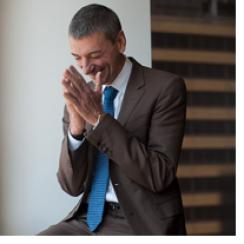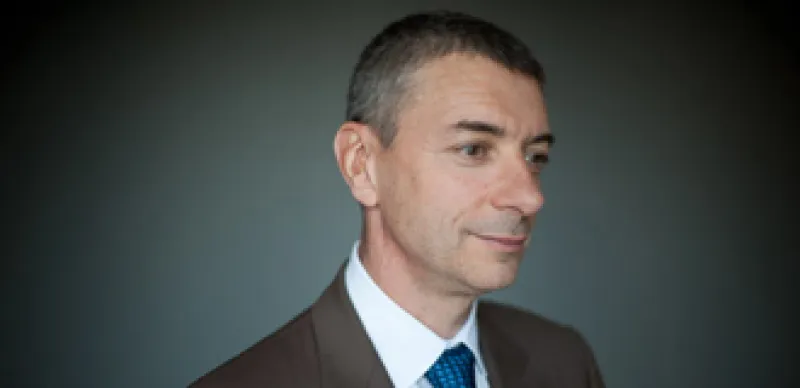When prison services contractor GEO Group decided to buy rival Cornell Cos. for $685 million, it had no second thoughts about where to turn for financing. Eight years ago, in the depths of the dot-com bust, BNP Paribas had been willing to overlook market turmoil and extend $150 million (plus a bridge loan) to Boca Raton–based GEO so it could buy back control from British security services provider Group 4 Falck. “It was a very difficult time, and BNP Paribas was the only one that stepped up so that we were able to become an independent company again,” says GEO chairman and CEO George Zoley. This April the French bank was the sole provider of a bridge loan to GEO for its largely stock purchase of Cornell.

“Jean-Yves has a foot on both sides of the ocean and is excellent in rallying support from Paris for us,” says Raymond Murphy, the recently retired treasurer of Time Warner. Fillion helped the media company raise roughly $90 billion in debt financing over the years. “There was not one time when Jean-Yves said he would do something that he didn’t follow through. I cannot say that about everybody.”
Lately, BNP Paribas has been gaining ground on its rivals in the U.S. Conservatively managed, the bank generally avoided subprime mortgage bonds and other toxic assets, so it remained enthusiastically open for business during the financial crisis. League tables reflect that: In investment-grade debt, BNP Paribas ranked 11th in 2009, up smartly from 15th the year before, according to Dealogic. In syndicated loans, the bank moved up to sixth from eighth. And in overall debt issuance, it ranked a respectable 16th last year.
Fillion and his team presided over BNP Paribas’ participation, along with eight other book runners, in financing an $8.7 billion bridge loan for Kraft Foods last November, followed by a $9.5 billion bond issue this February, all in connection with the U.S. food maker’s acquisition of U.K. confectioner Cadbury.
“There are fewer competitors in the U.S. today,” notes Fillion. “It is a great time for European banks like us to grow market share.” BNP Paribas brings charm as well as capital to this campaign — Fillion is a master at cultivating client relationships. He nurtures personal ties between the bank’s top Paris executives and American CEOs. For instance, Fillion arranged for GEO’s Zoley to sit down with BNP Paribas CEO Baudouin Prot in Paris, and the pair have met on and off since then. Few Wall Street CEOs would accord the head of a $1 billion-in-sales company such treatment.
“Jean-Yves is someone genuinely courteous,” says Peter Dawson, CFO of San Francisco construction outfit Bechtel Group. “He and BNP Paribas’ senior executives take customers seriously and are successful personalizing the relationship.”
The son of an insurance broker and a schoolteacher, Fillion grew up in the ancient French village of Annecy, south of Geneva. He skied in the nearby Alps, but it was sailing — which he began doing at age 6 on Lake Annecy — that entranced him, and in time he won a spot on the French national sailing team. Fillion implies that his sailing-inspired passion for competition led him into banking. He joined BNP after studying economics and finance at Dauphine University in Paris and later got an MBA from Hautes Études Commerciales. In 1992 the bank sent him to Los Angeles, where he helped finance Quentin Tarantino’s classic Reservoir Dogs.
BNP Paribas does not, to be sure, rank even among the top 20 banks in the U.S. in equity underwriting and merger advice. Its strengths are in fixed income and derivatives, and Fillion appears to be satisfied with that for now. “We will continue to be selective and opportunistic in the U.S.,” he says. “We don’t want to be everything to everybody.”






